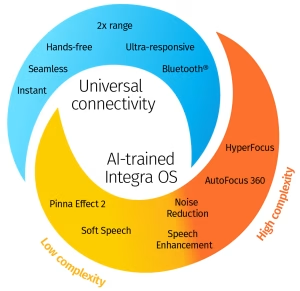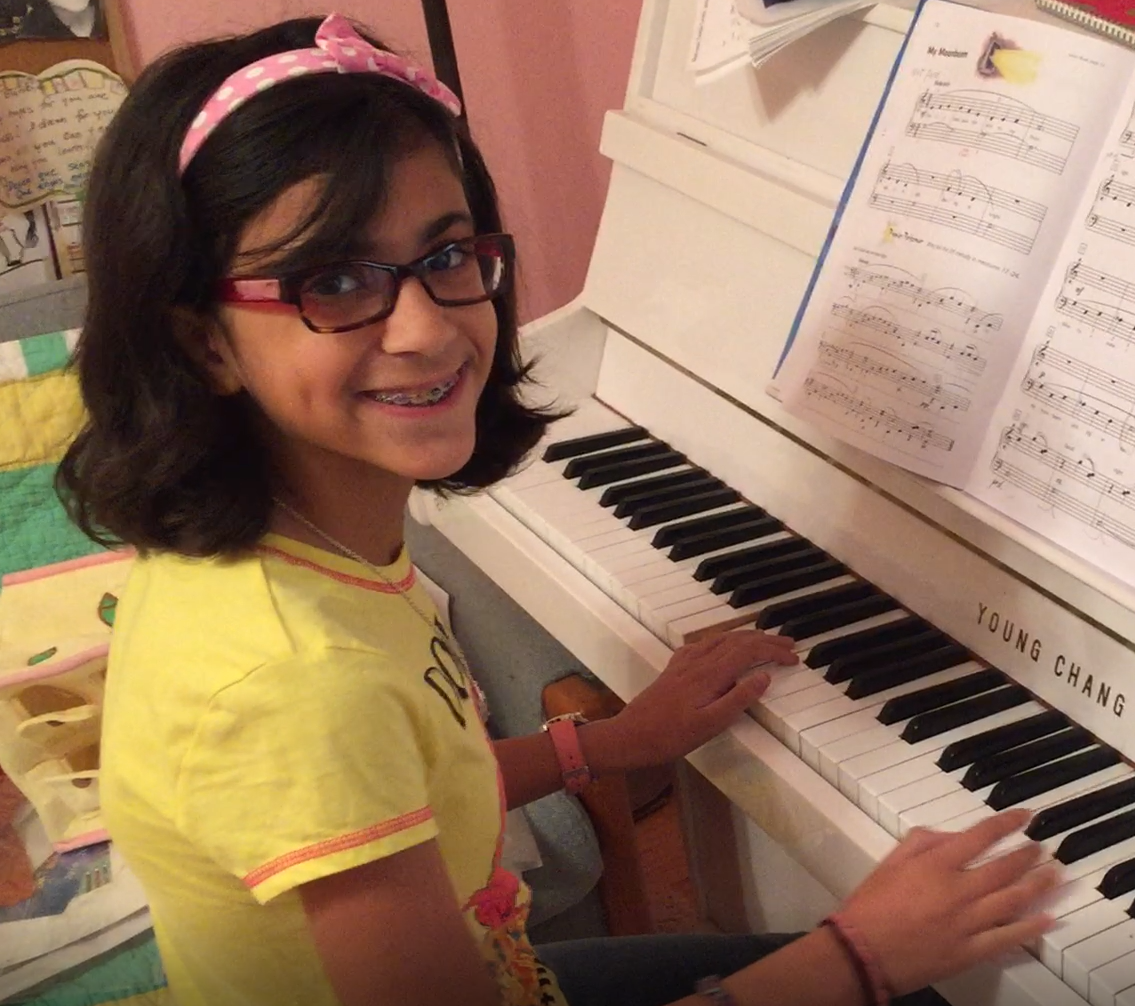

Music has always been a large part of my life; listening, being in a band, orchestra, and choir. For school-age kids, it is well known that kids who play an instrument do well in languages and math. If you enjoy music, (listening or playing) or have kids (or grandkids) in school, you may find this interesting. We at Hears to U Audiology and Hears Hearing & Hearables want you to know about the latest in research. While this article may not be considered “recent” in the world of research, the results are valid. If you have questions or would like to read the entire article, please contact us.
Musicians tune their minds and bodies by using tactile cues to produce notes, auditory cues to monitor intonation, and visuomotor signals to coordinate with the musicians around them. Musicians have been shown to outperform nonmusicians on a variety of tasks ranging from language to mathematics. Scientists have often wondered what underlies this seemingly ubiquitous benefit of musical training. We now know that the musician’s brain has functional adaptations for processing pitch and timbre, as well as structural specializations in auditory, visual, motor, and cerebellar regions of the brain.
Because these differences between musicians and nonmusicians are seen in so many different brain areas, the study authors reasoned that the musician’s basic sensory mechanism for encoding sight and sound may also be specialized.
Their study was able to show that musicians have more robust auditory and audiovisual brainstem responses to speech and music stimuli. However, their data could not show which aspect or aspects of that musical training is the fueling force. It is also possible that due to their training, musicians have learned to pay more attention to the details of the acoustic stimuli than non-musicians. Their data also shows that musicians have pervasive subcortical specializations that enhance auditory and audiovisual encoding of music and speech sounds, indicating that musical training impacts neural mechanisms beyond those specific to music processing. These findings have practical implications when considering the value of musical training in schools (see the study authors agree with me), and investigations of auditory training strategies for people with speech-encoding deficits.
One interesting note: the data showed that musicians acquire an enhanced representation of pitch through training. Pitch encoding is vital to understanding a speaker’s message and identity, as well as the emotional content of a message. They also found a correlation to the number of hours spent in practice. So, it may be that encoding enhancement is not related to how well one does, but rather to consistency and persistence of practice.
Meaning, that your piano teacher (and your mother) was right: practice every day. For those who do not play an instrument: Learn. It is never too late to start. It is good for your brain.
Thank you for reading. Stay tuned as we have more research on hearing, hearing aids, brain studies, and more.
By Karen M.
Powered By SinglerDesign.com